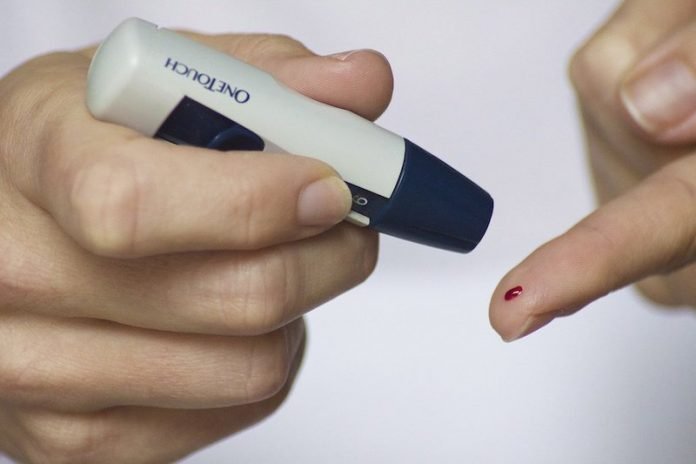
It has long been known that type 2 diabetes is associated with a higher risk of developing dementia disease.
However, as for the risk of developing cognitive impairment, a preclinical or very early phase of dementia, the research has been contradictory.
In a new study from Karolinska Institutet, researchers found well-controlled type 2 diabetes may help reduce dementia risk.
In the study, the team followed over 2,500 individuals over the age of 60 for twelve years. None of the participants had a dementia diagnosis when the study began, but over 700 of them had cognitive impairment (preclinical dementia).
The remainder, over 1,800 individuals, had no cognitive impairment. The group measured long-term levels of blood glucose (HbA1C) and CRP, an inflammation marker.
At the start of the study, 8.6% of the participants had type 2 diabetes and approximately one in three had prediabetes.
The team found after twelve years, a number of participants showed a decline in cognitive faculties. Almost 30% had developed cognitive impairment.
Of those who had preclinical dementia at the start of the study, 20% had developed dementia.
The researchers found that the important factor was how well-controlled the diabetes was, not the presence of the diabetes itself.
According to the treatment guidelines for older adults, HbA1C of over 7.5% is considered poorly controlled diabetes.
In the study, people with poorly controlled diabetes disease, compared to people without diabetes, were twice as likely to develop preclinical dementia and three times more likely to deteriorate from preclinical dementia to dementia disease.
The researchers also found the people who had type 2 diabetes and concurrent heart disease had twice the risk of developing preclinical dementia or dementia disease.
They say what matters is how well-controlled the diabetes is. Since there is currently no cure for dementia, prevention is vital, and this can be done through the careful control of diabetes.
The study is published in Alzheimer’s & Dementia. One author of the study is Abigail Dove.
Copyright © 2021 Knowridge Science Report. All rights reserved.



